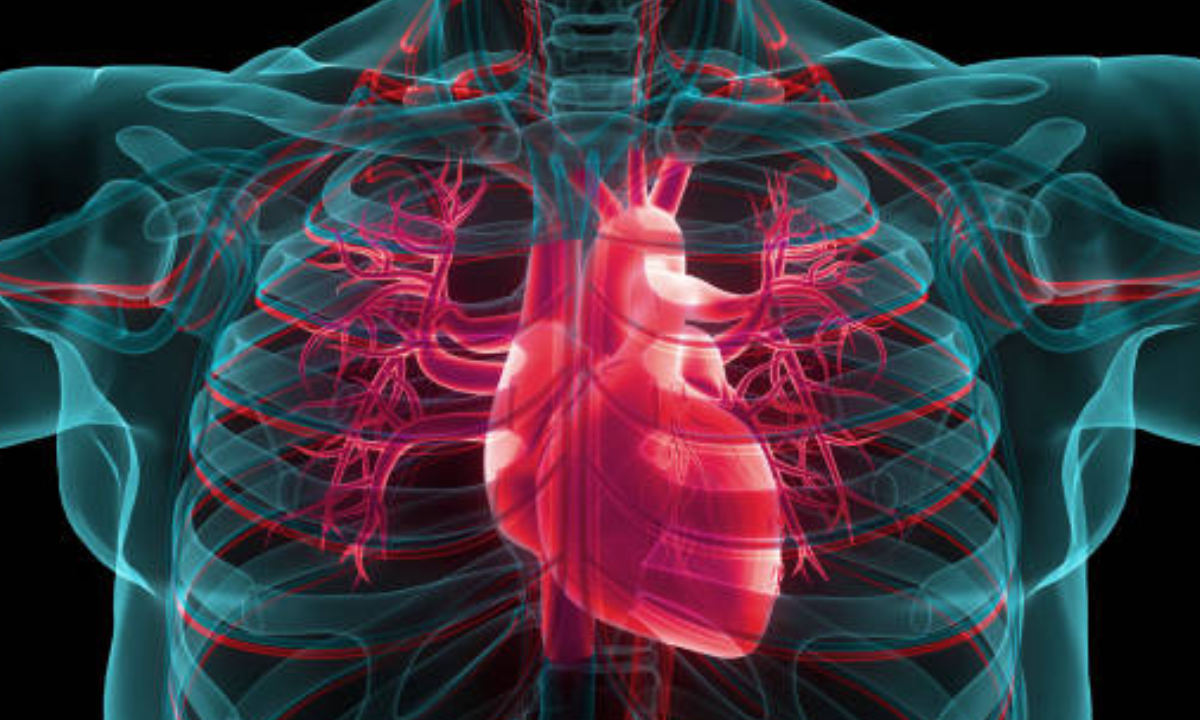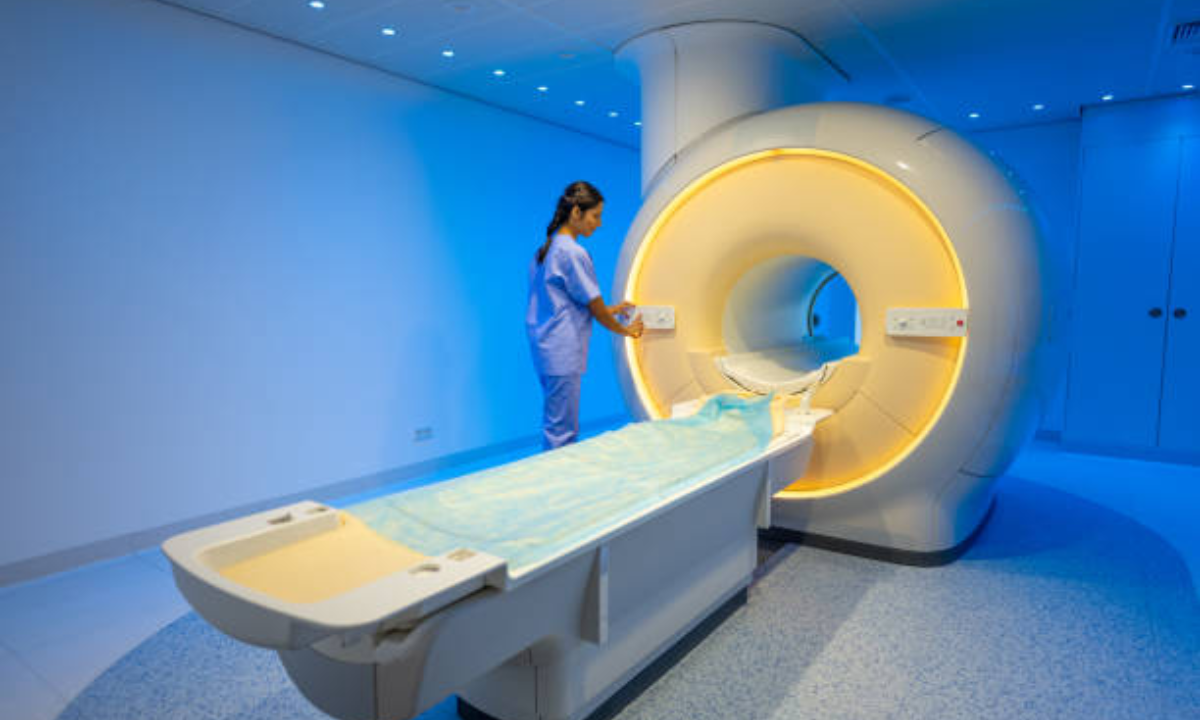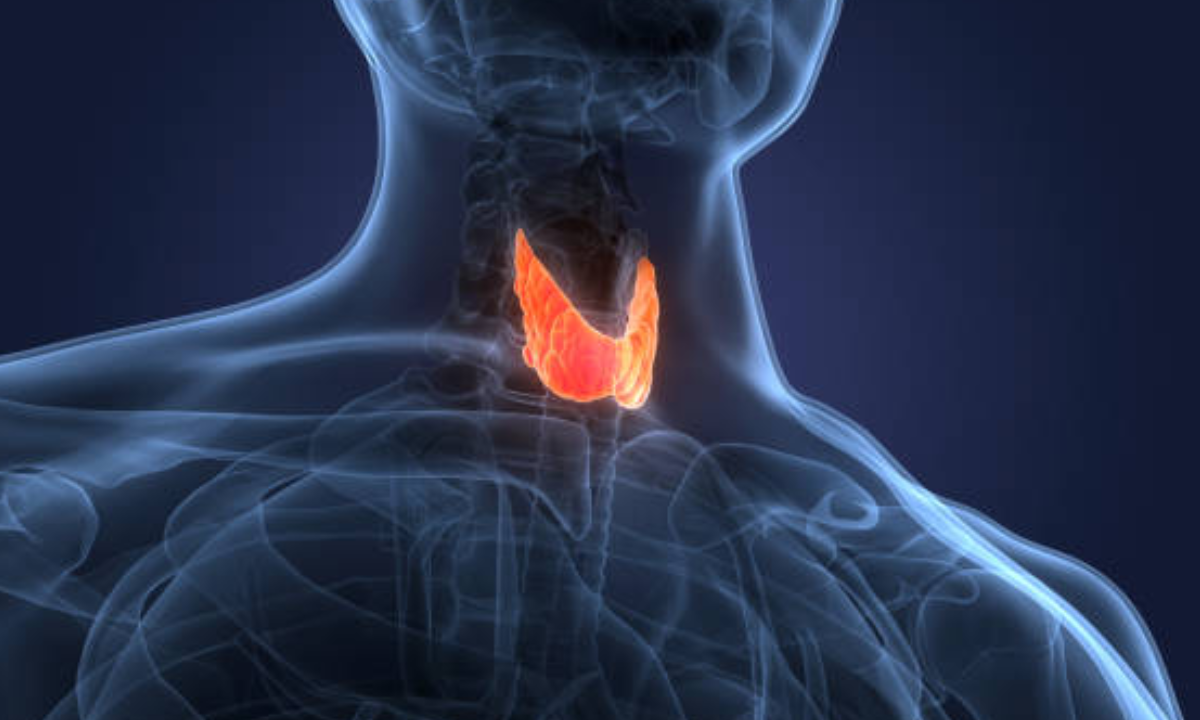Introduction:
Skin cancer is a prevalent kind of cancer that develops in skin cells and is frequently linked to sun exposure. While sun-exposed regions are the most commonly impacted, symptoms of cancer on skin may also appear in locations that are not often subjected to sunlight. Melanoma, squamous cell carcinoma, and basal cell carcinoma are the three primary forms of skin tumours. Understanding indicators and symptoms of skin cancer, in addition to the value of early identification can have a big influence on how well an individual responds to treatment. In this thorough guide, we are going to discuss the various kinds, signs and symptoms of cancer on skin, and the significance of receiving medical help as promptly as practical in this thorough guide.
Types of Skin Cancer:
1. Basal Cell Carcinoma:
Basal cell carcinoma often appears on the face or neck because of exposure to the sun. Basal cell carcinoma symptoms and indicators might include:
- A flat, flesh-coloured or brown scar-like lesion
- A pearly or waxy lump on the skin
- A sore which bleeds or produces a scab, only to heal and reoccur
2. Squamous Cell carcinoma:
Squamous cell cancer frequently affects hands, ears, and other parts of the body exposed to direct sun exposure. People with darker complexions, though, may also experience it in areas that aren’t commonly exposed to sunshine. Squamous cell cancer symptoms include:
- A flat, scaly, crusty surfaced lesion
- a firm, red nodule on the surface of the skin
3. Melanoma:
Melanoma may appear anywhere on the body, including skin areas that are not often exposed to Sunlight or already-existing moles that progress to malignancy. For men, the face and trunk are more commonly affected, whereas for women, the lower legs are. In both sexes, melanoma can develop on skin that has not been exposed to the sun. Melanoma signs and symptoms include:
- A large brownish patch with darker speckles
- A mole that bleeds, or, changes in colour, size, or texture
- A tiny lesion that is coloured in one of multiple colours (red, pink, blue, blue-black or white skin spots cancer) and has an uneven border
- a burning or itching lesion that hurts
- Mucous membranes in the mouth, nose, vagina, or anus that are dark in colour. Dark lesions on the palms, soles, fingers, or toes.
Less Common Skin Cancers:
Other, less prevalent types of skin tumours are also found in addition to the primary ones, including:
1. Kaposi sarcoma:
This uncommon skin cancer develops in the blood vessels of the skin and results in red or purple areas on the skin or mucous membranes. People with compromised immune systems, such as those with AIDS or on immunosuppressive drugs, are primarily affected by Kaposi sarcoma.
2. Merkel cell Carcinoma:
Merkel cell carcinoma manifests its symptoms of cancer on skin as hard, glossy nodules on or just below the epidermis and hair follicles. It usually tends to show up on the head, neck, and trunk.
3. Sebaceous Gland Carcinoma:
This intense skin tumour generally takes the form of hard, painless nodules and develops in the skin’s oil glands. Sebaceous gland carcinomas can develop anywhere, but when they do, they are usually misdiagnosed as other eyelid issues.
Early Detection and Prompt Medical Attention:
Early diagnosis is the key to effective skin cancer treatment. Conducting a self-examination of the skin on a regular basis can aid in spotting irregularities or symptoms of cancer on skin and enhance timely medical assessment. Look for the following indicators while checking your skin:
- Added or altered moles
- irregular mole borders or colours
- Mole size beyond the size of a pencil eraser
- Moles that bleed, itch, or become painful
- non-healing lesions or sores
It is vital to schedule a visit with your doctor if you observe any skin changes, especially relevant to the symptoms of cancer on skin mentioned above that are concerning. They can quickly assess the changes in the skin to identify the cause, thereby enabling early-stage skin cancer diagnosis and efficient treatment as well, if required.
Prevention
While early detection is critical, taking preventative action is also crucial. Here are some recommendations for skin protection from UV Radiation.
1. Limit Sun Exposure: Stay away from direct sunlight for as much as possible, especially between the peak hours of 10 a.m. and 4 p.m.
2. Put On Protective clothes: To protect your skin from damage caused by sun rays, wear wide-brimmed hats, a pair of sunglasses and seasonally appropriate protective clothes.
3. Use sunscreen: Cover all exposed skin with a broad-spectrum sunscreen with an SPF of 30 or higher. Reapply the product every 2 hours or every time you sweat excessively and right after you indulge in activities like swimming that could remove the sunscreen off the skin.
4. Look for shade: Try to stay in the shade whenever possible. Especially during peak hours or any other time that the intensity of the Sun is high.
5. Steer clear of tanning beds: Tanning beds expose your skin to damaging UV rays, therefore remain away from them.
Conclusion:
Although skin cancer is a severe medical condition, the prognosis can be greatly enhanced by early identification and prevention. Regular skin self-examinations and familiarising yourself with the signs and symptoms of cancer on skin can help with early detection and prompt medical intervention. You can lower your chance of developing skin tumours by taking preventive steps to protect your skin from too much sun exposure. Do not be reluctant to seek medical assistance if you discover any changes in your skin that cause you to worry. Your healthcare professional can evaluate any skin changes and decide the best course of action to ensure the health and general well-being of your skin.
Contact Kiran-PET CT Scan Centre for any queries.






